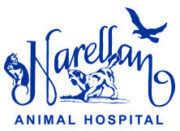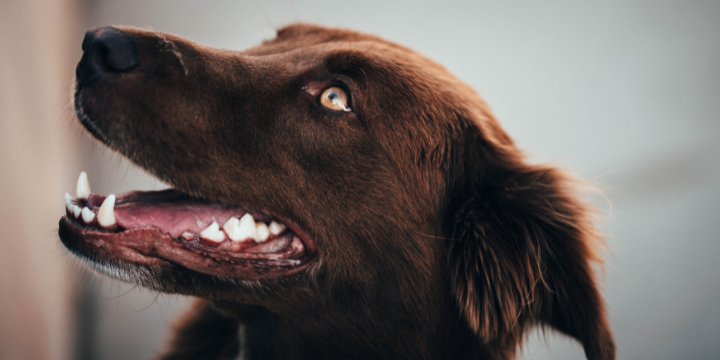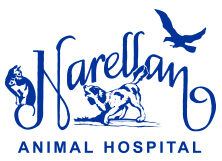As a pet owner, you want to ensure that your furry companion is healthy and happy. One aspect of pet care that is often overlooked is dental care. However, dental problems can cause pain and discomfort for pets, and can also lead to serious health issues if left untreated. We’d like to tell you about the importance of dental care for your pet and what you need to do to keep your pet’s teeth and gums healthy.
Why is dental care important for pets?
Dental problems such as plaque, tartar build-up, and tooth decay can lead to serious health issues such as tooth loss, infection, and even organ damage. In addition, dental problems can cause pain and discomfort for pets, making it difficult for them to eat and enjoy their daily activities. By providing regular dental care, you can prevent these issues from occurring and improve your pet’s quality of life.
What are the signs of dental problems in pets?
As a pet owner, it is important to be aware of the signs of dental problems in your pet. Some common signs include:
- Bad breath
- Broken or loose teeth
- Changes in eating or drinking habits
- Drooling or excessive licking of the mouth
- Red or swollen gums
If you notice any of these signs, it is important to take your pet to the vet as soon as possible.
How can I provide dental care for my pet?
There are several ways you can provide dental care for your pet. Some of the most effective methods include:
- Brushing your pet’s teeth daily with a toothbrush and pet toothpaste.
- Providing your pet with dental toys and chews that can help scrape away plaque and tartar.
- Feeding your pet a diet that is formulated to promote dental health.
- Having your pet’s teeth examined and cleaned by a vet at least once a year.
By following these guidelines, you can ensure that your pet receives the proper dental care they need to maintain good oral health and live a long, healthy life.
Please call our friendly team on (02) 4648 2450 to schedule your pet’s dental exam or to answer any pet dentistry questions you may have.


